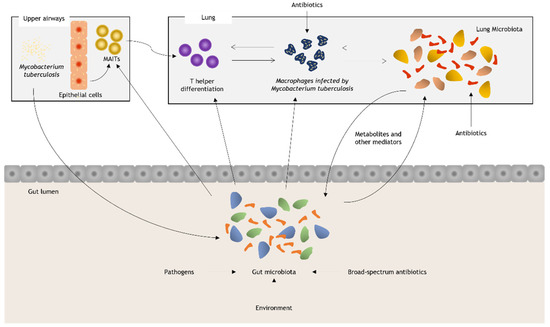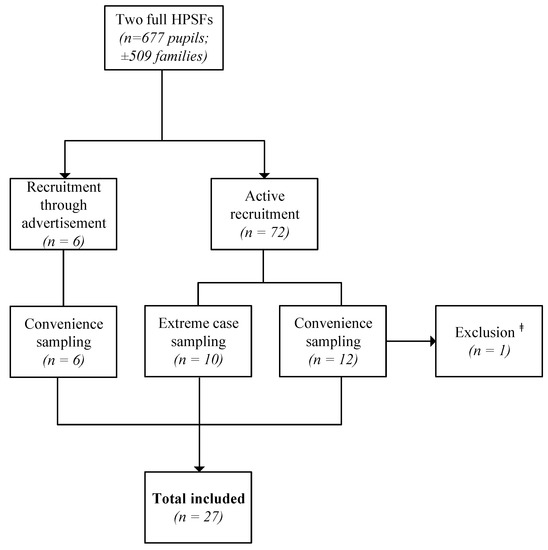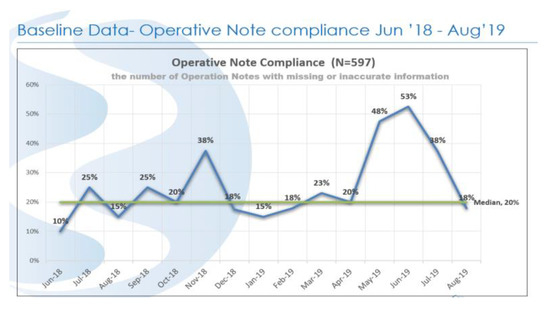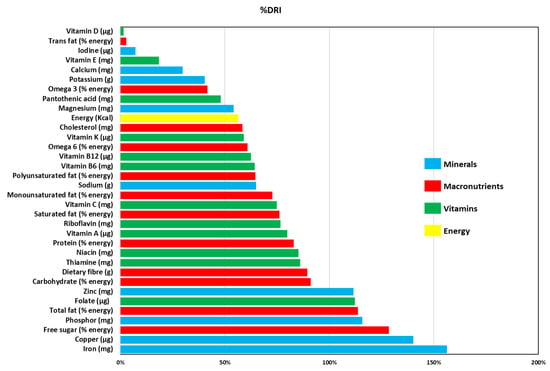1
Department of Tourism, Ming Chuan University, Taoyuan 333023, Taiwan
2
Graduate School of Leisure and Exercise Studies, National Yunlin University of Science and Technology, Yunlin 640301, Taiwan
3
Department of Accounting, National Yunlin University of Science and Technology, Yunlin 640301, Taiwan
Int. J. Environ. Res. Public Health 2021, 18(22), 12223; https://doi.org/10.3390/ijerph182212223 - 21 Nov 2021
Cited by 7 | Viewed by 2482
Abstract
▼
Show Figures
This study aims to examine a theoretical model using sustainability perceptions, including environmental; sociocultural; economic; and life satisfaction, sense of community, and support for sustainable community development among the indigenous people of two relocated communities in Taiwan. A total of 747 usable questionnaires
[...] Read more.
This study aims to examine a theoretical model using sustainability perceptions, including environmental; sociocultural; economic; and life satisfaction, sense of community, and support for sustainable community development among the indigenous people of two relocated communities in Taiwan. A total of 747 usable questionnaires were collected and analyzed using structural equation modeling. The analytical results indicated that sense of community is an antecedent of support for sustainable community development in both relocated communities. Life satisfaction perceptions can influence the sense of community in Rinari. Additionally, environmental and economic perceptions are antecedents of the sense of community in New Laiyi. Finally, this study provides theoretical implications to fill the gaps in previous research, and offers valuable insights for promoting residents’ support for sustainable community development in aboriginal communities; thus, this study has significant contributions, theoretically and practically.
Full article










